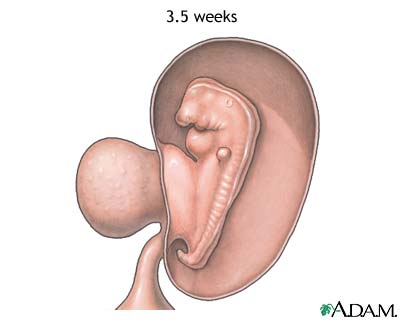@Aedes,
Hi all,
My imagination at work:
1) There is the beginning. The One. Call it the Dao or Heraclitus' Logos.
2) From the beginning you get two. This would be the Yin and Yang or Heraclitus' paired opposites. So how do we get two from one? It is the same way line turns into a wave. A wave has polarity. A top and a bottom. The line has to be changed.
3) How does the line change? The One turns and looks at itself. It uses energy or the Chinese Qi. This is the trinity. Opposites and movement.

Notice the "fish" turning into itself.
It is similar to a fetus.

Notice the resemblance the the ear:

There seems to be micro and macro symmetry throughout the universe. For me the ocean represents all that is (The Dao or Logos). The waves of the ocean are Individual Consciousness. So they are separate and connected at the same time, but also part of the whole. It depends upon how you want to look at it. Do you want to look at the Universal Consciousness (the ocean) or do you want to look at the waves (individuals).
How are the waves formed? By movement or what is sometimes called Will. Movement of people navigating on the ocean or the moon navigated through space. Movement is what creates individual waves. Without, there is just one. Waves can collide into each other (like when I bump into another person), and create a mutual event.
When Descartes says I
think therefore I
am, I imagine the movement of my thoughts creating who I am.
And that is my imagination at work. :bigsmile:
BTW, movement is essential to good health! So remember to stretch and exercise every day!
Rich